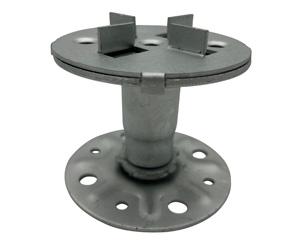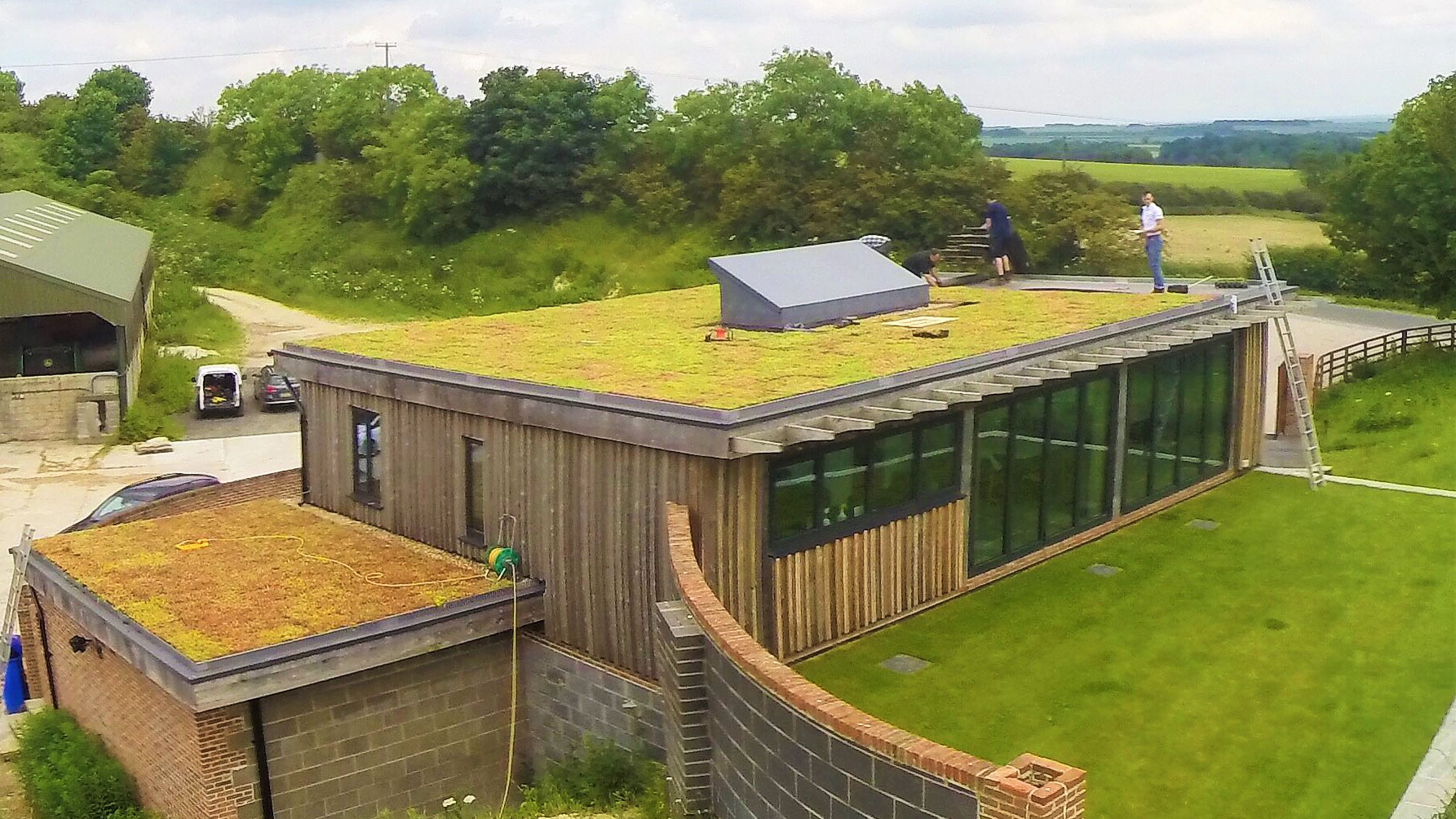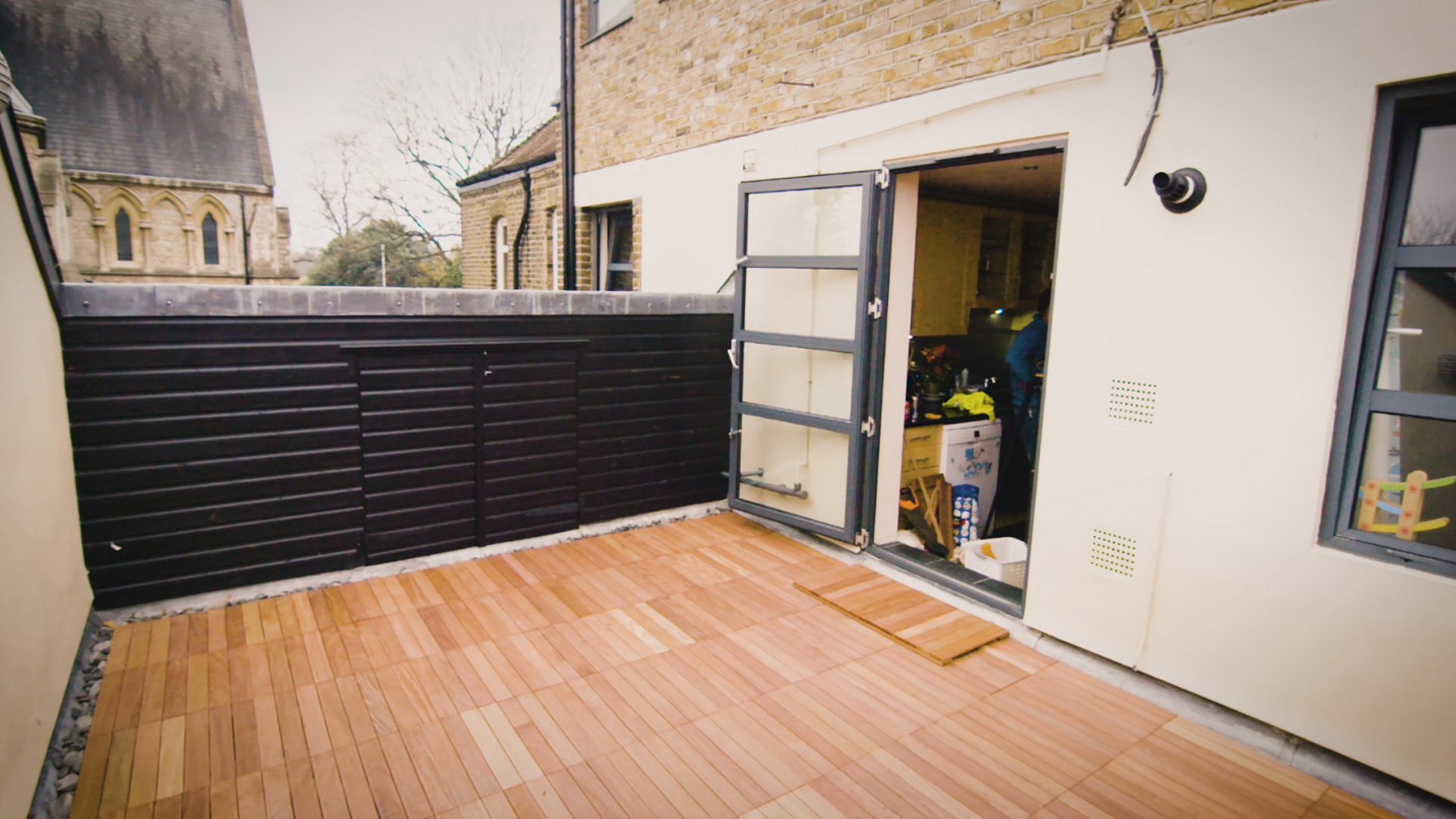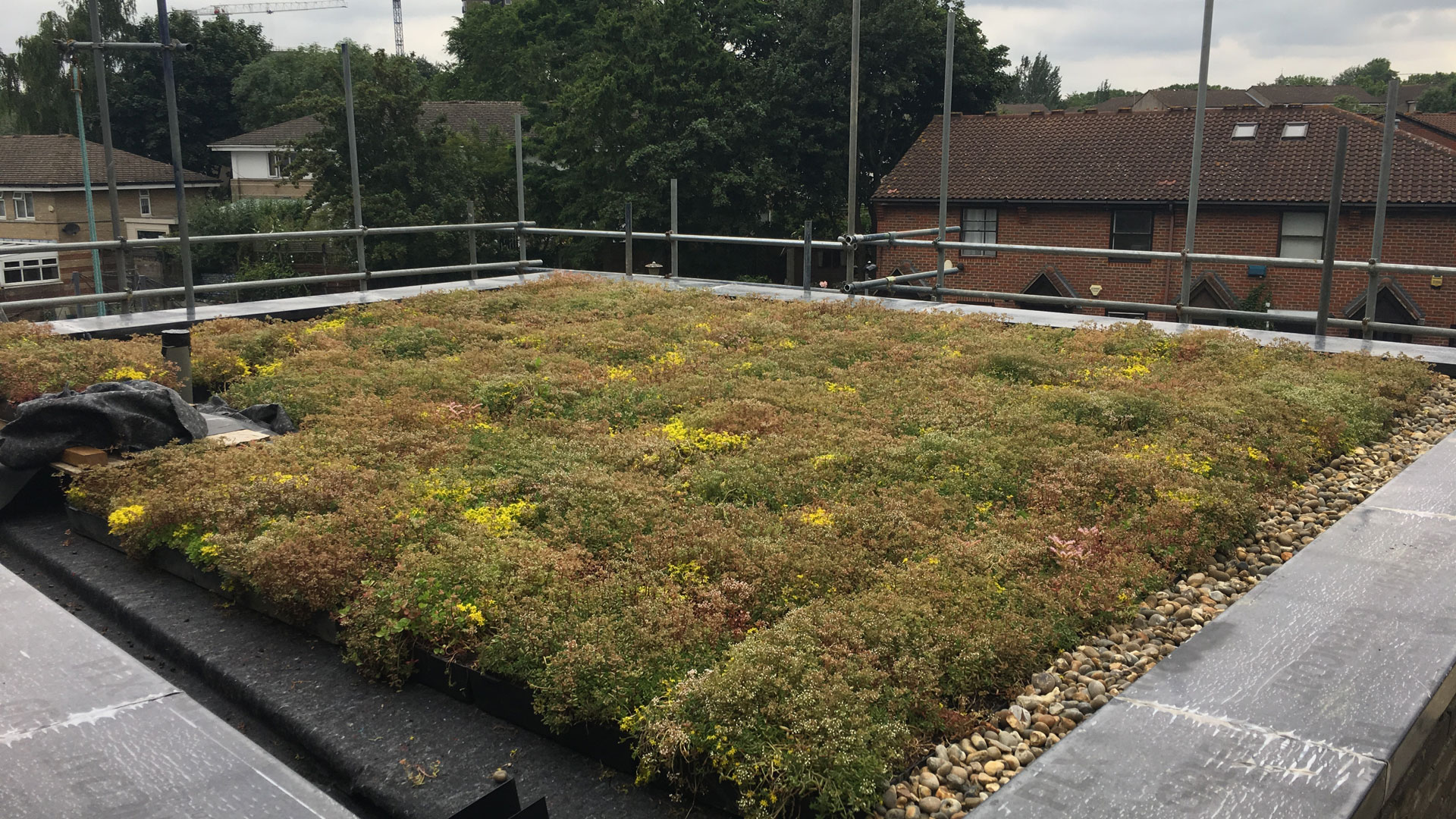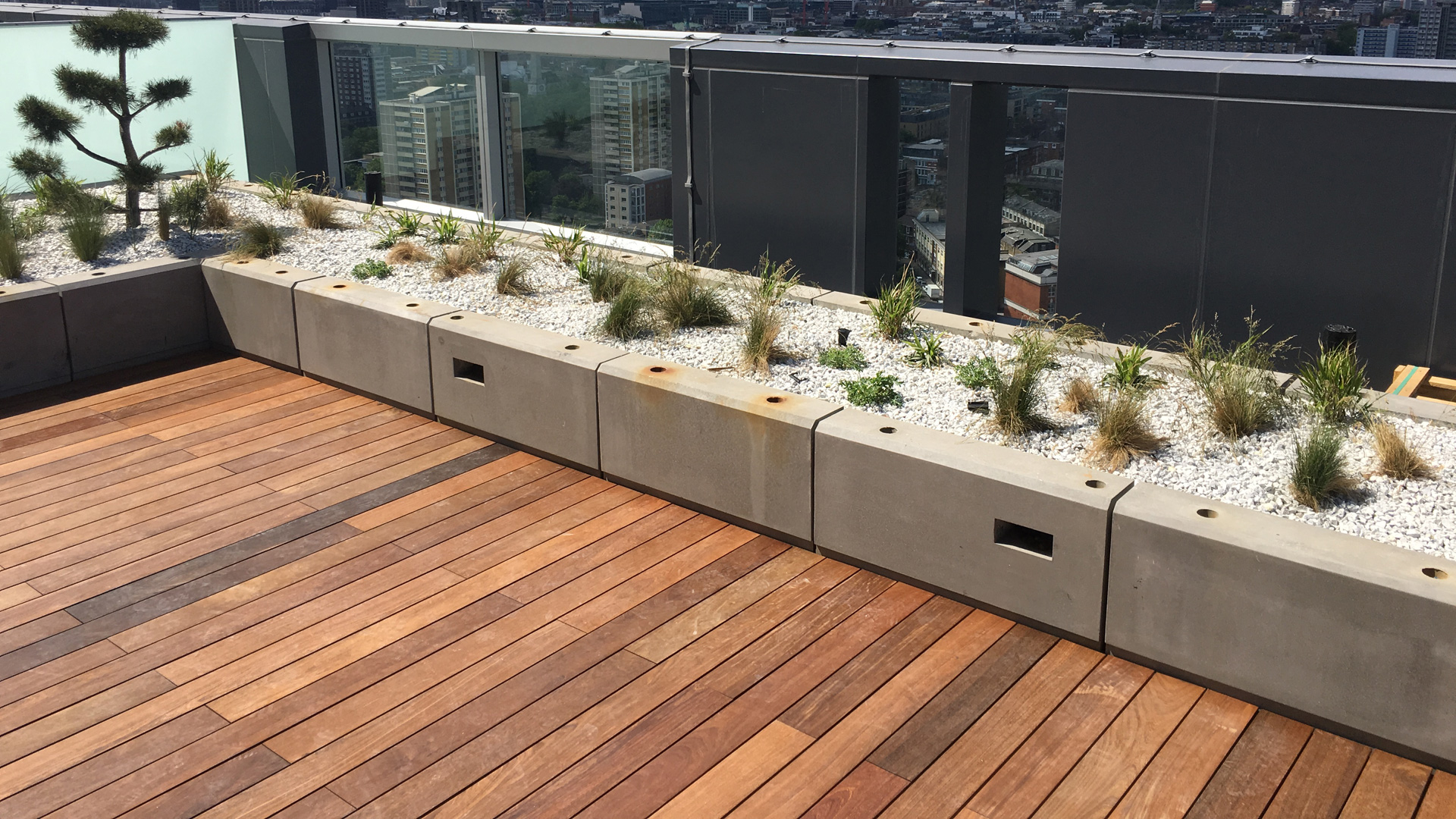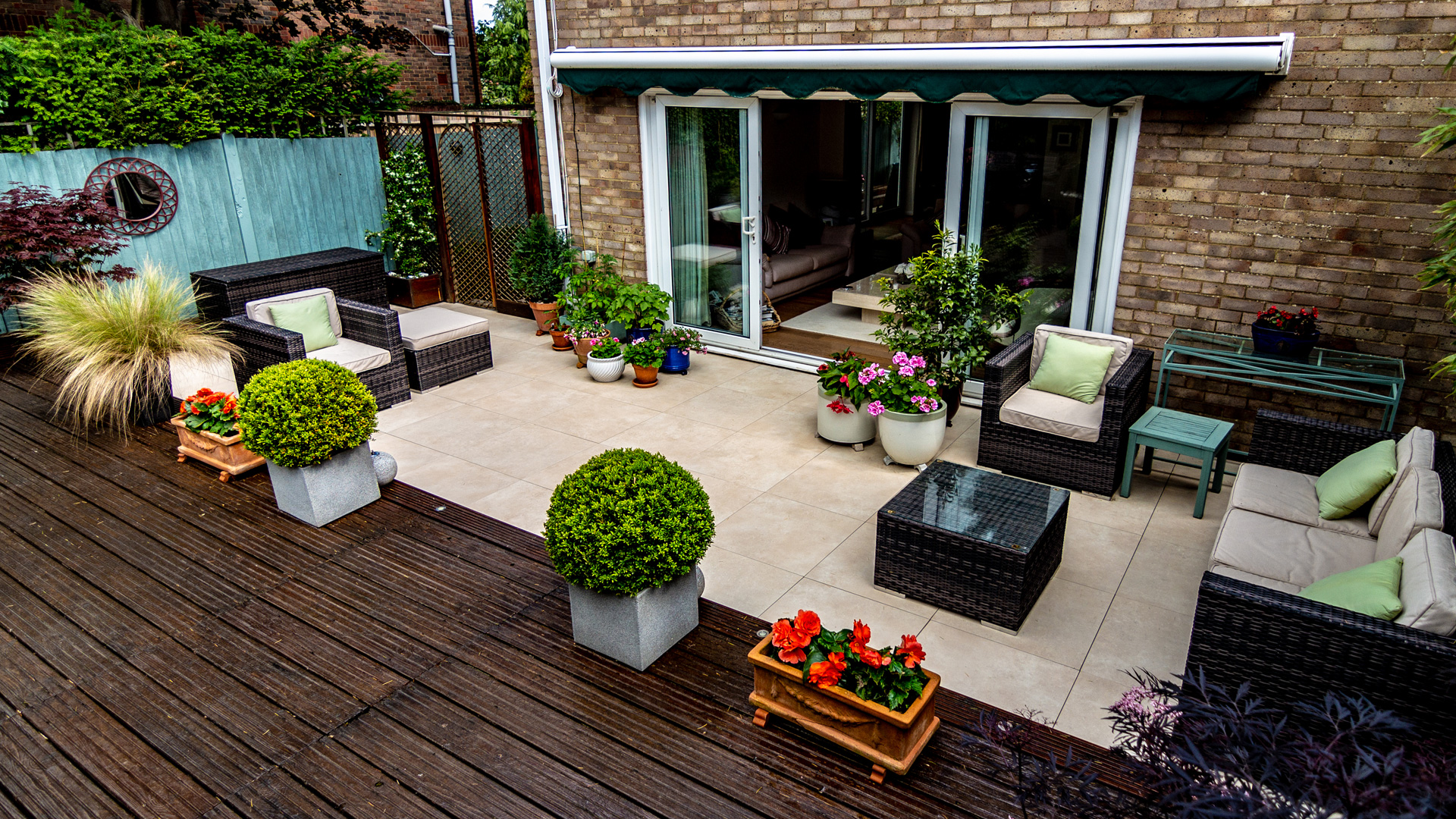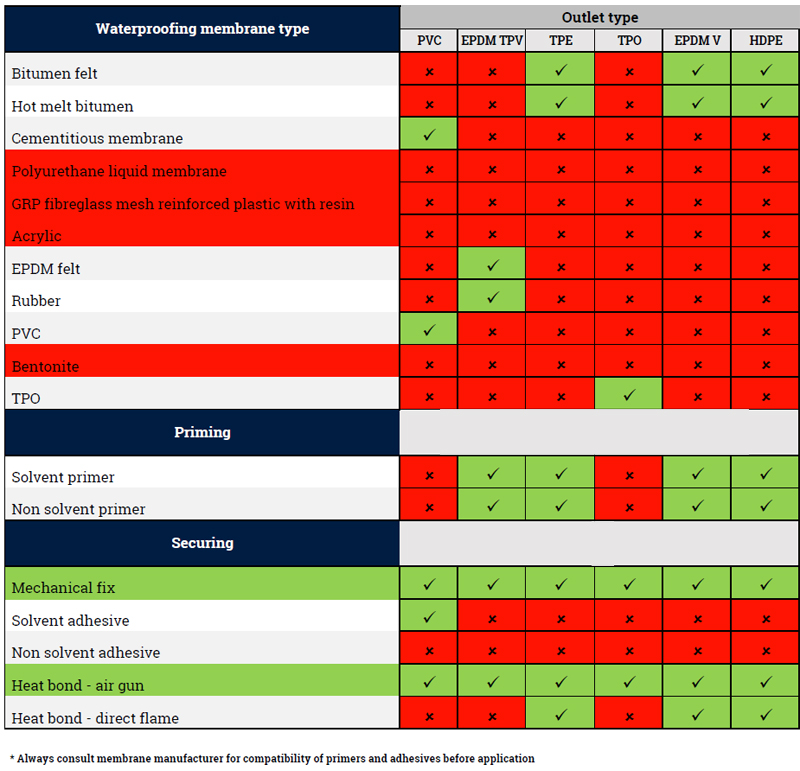Britain’s cost of living crisis has intensified over the past year and, with energy bills set to increase again after the announcement that the cap on prices will rise this spring, is it any wonder that UK house buyers are changing their search requirements, wanting more sustainable, eco-friendly housing than ever before.
Ofgem, Britain’s energy regulator, announced that, from April 1, 2022, customers on default tariffs paying by direct debit will see an increase of £693 per year on their energy bills, whereas prepayment customers will see an increase of £708.
The increase is likely to affect an estimated 22 million households in the UK. It seems likely this is not the last rise, either, with analysts suggesting the average household energy bill will soar to £3,000 a year.
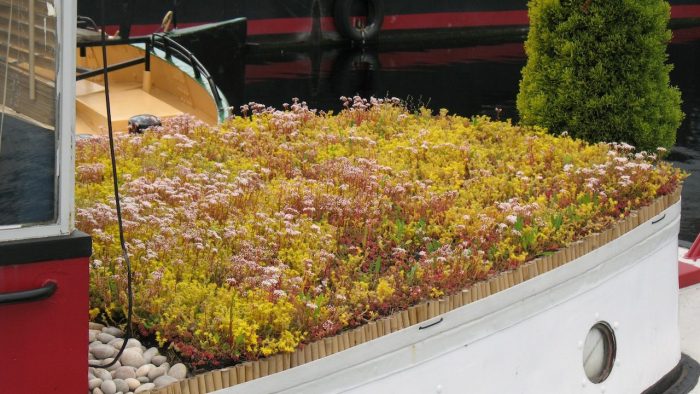
‘Rising energy bills are obviously a great concern for the majority of homeowners in the UK at the moment,’ says Karly Williams, sales and marketing director at David Wilson North Thames.
Jenny Anson, head of sales at Pocket Living, agrees, having noticed a real shift in Londoners’ house-buying patterns: ‘Throughout 2021 we saw a significant increase in home buyers looking for a property that will help them reduce their carbon footprint, and we will no doubt see this continue in 2022,’ says Jenny.
‘A key concern, for many, is the type of heating installed in a home, especially following the recent steep price hikes in gas bills,’ she says.
‘People appreciate the importance of moving towards more sustainable heating methods, the long-term savings inherent in this, and the protection it offers from future rises.’
Pocket Living has committed to future-proofing its Harbard Close development in Barking by kitting out apartments with MVHR heat recovery ventilation systems and LED lighting, as well as installing solar panels that contribute to the power supply to communal areas.
Nigel Fleming, sales and marketing director at JTRE London, whose latest development Triptych Bankside is incredibly green, attributes the rise in a preference for energy-efficient housing to Covid.
‘The pandemic has put sustainability front and centre, with today’s consumers more conscious than ever, from where they buy their coffee to their choice of transport or connection to brands,’ says Nigel.
‘At Triptych Bankside, sustainability has been integral to the design from the outset including a passive design approach, a new combined energy centre supported by PV solar cells, through to brown roofs and bird boxes that encourage wildlife and sprawling landscaped gardens.’
For the full article, please click visit the Metro website by clicking here.



